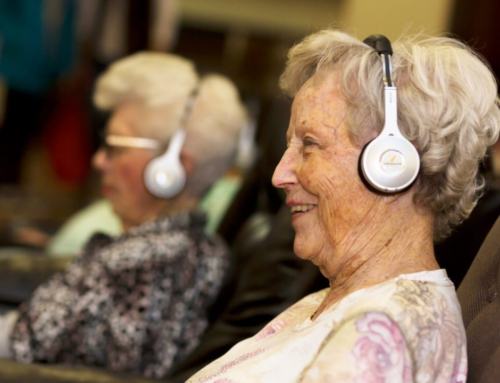Humans lose neurons in the brain as they age. However, for a person with dementia, this loss happens to a greater extent. Countless neurons cease functioning, which disrupts connections with other cells in the brain. Eventually, the neurons die. This helps to explain why dementia symptoms worsen over time. However, dementia actually serves as an umbrella term for a group of diseases rather than one distinct condition. What must a person know about this common diagnosis?
Alzheimer’s Disease
Individuals suffering from Alzheimer’s disease often wander and get lost. They repeat questions or engage in impulsive behavior, depending on the severity of the disease. As it progresses, the individual finds it difficult to recognize family and friends. They can no longer communicate with others.
Alzheimer’s disease comes with abnormal deposits of proteins in the brain. These deposits come together to form tau tangles and amyloid plaques. Most people receive this diagnosis when they are in their mid-60s or older, but doctors have seen cases in younger people, including those in their mid-30s. A person with Alzheimer’s disease often needs continuous care because of their tendency to wander and get lost. A memory care community can be helpful in this situation.
Frontotemporal Dementia
A person suffering from frontotemporal dementia exhibits emotional and behavioral symptoms. Planning and organizing things challenges them, and they engage in impulsive behavior, much as those with Alzheimer’s disease do. The individuals may lack emotion or have excessive emotions, and they could experience language problems, such as finding it difficult to make or understand speech. Furthermore, their hands often shake, and they may struggle with walking and balance. Symptoms vary by the type of frontotemporal disorder the patient has.
This type of dementia affects neurons in the brain, those in the frontal or temporal lobes. These areas develop abnormal amounts of tau and TDP-43 proteins or they have abnormal forms of the proteins. Frontotemporal dementia often affects those between the ages of 45 and 64.
Lewy Body Dementia
Cognitive decline is a common symptom of Lewy body dementia. The person may struggle to concentrate, remain alert, or pay attention. Their ideas can be illogical or disorganized. In addition, they may suffer from insomnia and excessive sleepiness during the day. This individual may experience visual hallucinations and stay in isolation for their protection and the protection of others. However, isolating this person isn’t the answer. Furthermore, movement problems often come with Lewy body dementia. For example, they might lack coordination or experience muscle rigidity. Facial expressions decrease with this disorder.
What are Lewy bodies? They compromise abnormal clumps of alpha-synuclein protein. This protein affects chemical messengers in the brain. People usually receive a diagnosis of Lewy body dementia after turning 50.
Vascular Dementia
People often associate dementia with forgetfulness. For example, the person might lose things they use every day or forget past events. These symptoms suggest the person may suffer from vascular dementia. However, this individual may also struggle to learn something new or they may find they cannot follow instructions. Delusions, hallucinations, and poor judgment also accompany this disorder.
Any disruption of blood flow in the brain could lead to vascular dementia. For instance, a person who has a stroke could develop vascular dementia, as the blood vessels in the brain sustained damage because of the stroke. The average person suffering from vascular dementia is 65 years of age or older.
Determining the Type of Dementia
People often experience different symptoms related to their dementia. For example, impulsive behavior comes with both frontotemporal dementia and Alzheimer’s disease. In addition, some people suffer from multiple types of dementia, which makes an accurate diagnosis more challenging. Each person is unique, and their symptoms are too. How do doctors determine which type of dementia a person has?
Diagnosing Dementia
The doctor takes a complete medical history and physically examines the patient. They then order tests based on what is found during the exam. Cognitive and neuropsychological tests serve as two tools doctors use, and they may request a neurological evaluation or brain scans. Some patients also undergo lab tests and psychiatric evaluations. Diagnosing a patient depends on what symptoms they have and what the doctor feels will be of most help in determining a diagnosis.
Unfortunately, researchers have yet to find a cure for dementia, but treatments are available. Medications and therapy serve as two options today. A person needs to work with their doctor to determine which treatments will benefit them the most.
About Orchard Park at Southfork
Individuals who value their independence but need help around the house every day enjoy living at Orchard Park of Southfork. Residents live their lives as they choose, even as their healthcare needs change.






